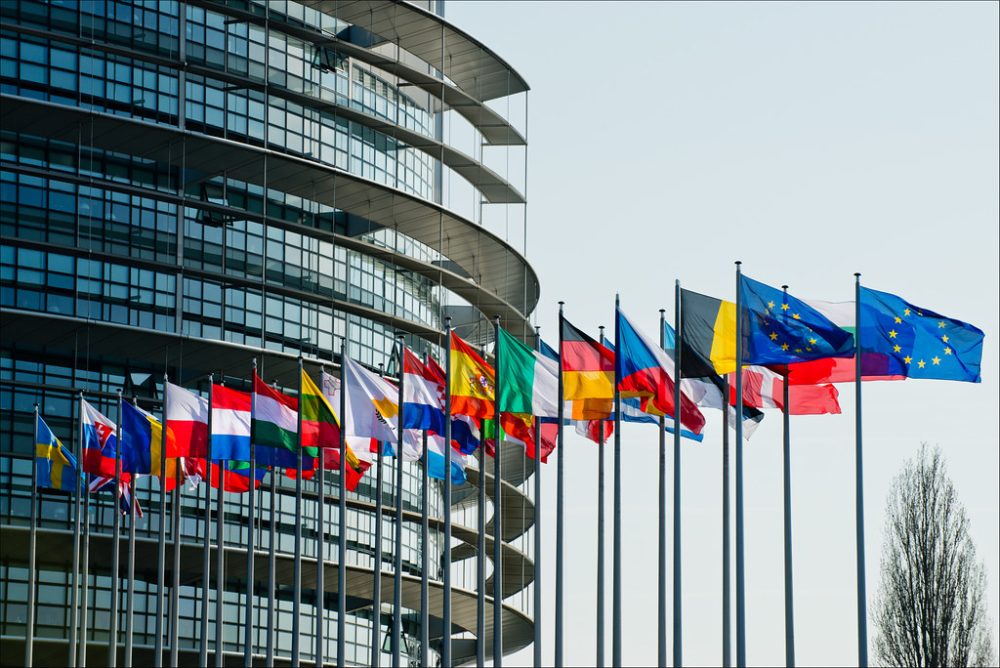The coronavirus pandemic keeps raising the stakes of what a global health emergency looks like. The crisis and the measures that governments across the world undertake to contain it will keep taking a heavy toll on the economy. Unfortunately, the negative consequences deeply impact European SMEs.
Representing 1 million European accountants, Accountancy Europe’s members constitute the 51 professional accountancy bodies in 35 countries. We call on national governments and the European Union (EU) Institutions to help struggling SMEs through these difficult times. See also our 5 key steps for accountants navigating SME clients through the coronavirus crisis and sign up here for our periodic SME Policy updates.
European SMEs need public support. Now.
When their income significantly reduces or disappears altogether, smaller businesses lack the financial reserves to continue paying fixed costs such as employee salaries and office rents. It is essential that governments step in to help small businesses.
Only through public support measures will smaller business weather the storm and be able to respond quickly when circumstances change and, for example, the current restrictions are lifted or loosened.
15 actions for European national governments and the EU Institutions
Many governments have already put an SME support system in place. We recommend policymakers at national, and where relevant, EU level, to consider the 15 actions below. We also call on policymakers to reflect where EU level action might be most effective.
- Identify which sectors are most high-risk and which ones are impacted less directly with the help of key social partners and feedback from other market participants. The accountancy profession can be a useful intermediary to assess how companies are affected.
- Provide extra support to high-risk sectors (for example hospitality, non-essential product retail and entertainment) and monitor the impact on less directly affected sectors.
- Put in place job retention schemes and help SMEs with statutory sick pay schemes. It is crucial to avoid SMEs having to permanently lay off employees – which would cause long-term social costs and for SMEs to lose valuable skills.
- Speed up public sector payments to contractors and suppliers, especially when they are SMEs.
- Suspend property taxes for the sectors most at risk, as this can be an enormous burden in retail, hospitality and entertainment. As local governments typically receive this tax revenue, national governments could pitch in to cover their losses. The local property taxes often exceed rent for retail properties in many countries.
- Set up rent and mortgage payment deferment schemes.
- Provide permanent payments, rather than loans or loan guarantees, where reasonably possible. SMEs may not be able to pay back extra debt when normal business resumes. This would defer the problem and could lead to a ‘double-dip’ recession.
- Ensure liquidity and financial support for SMEs, using all available options such as through the EU budget, European Central Bank, European Investment Bank, and National Promotional Banks.
- Set up the European Corona Response Investment Fund, with targeted support for SMEs.
- Refrain from closing borders for goods, bans and export restrictions to avoid major supply chain and Single Market distortions. If governments deem border restrictions necessary, they should coordinate with European partners rather than act unilaterally.
- Temporarily simplify business law requirements and extend the deadlines for financial reporting, which is particularly useful if SMEs require an audit. This would reduce administrative burden and reduce the risk of viral spread by having to visit offices.
- Offer deferments of tax payments and social security contributions, and provide more time to file tax returns
- Remove administrative sanctions for late filing or payment where this has been caused by genuine financial hardship.
- Promptly implement the EU Insolvency Directive and introduce a moratorium on large creditors’ coercive measures against SMEs to avoid have them wound up due to late payment.
- Exchange best practices and observe measures undertaken in other European countries.
“SMEunited welcomes the call for actions to support European SMEs by Accountancy Europe. The measures recommended are fully in line with SMEunited requests and measures proposed in many Member States. However first and foremost these measures must be implemented as fast as possible. Additionally, we have to act now with all, including the European Union, to ensure that SMEs can survive the current crisis and kick-on the recovery afterwards.”
Véronique Willems, Secretary General, SMEunited
These recommendations have been prepared by Accountancy Europe’s SME Experts combining practical experience from across Europe. Find out more about our SME work.
